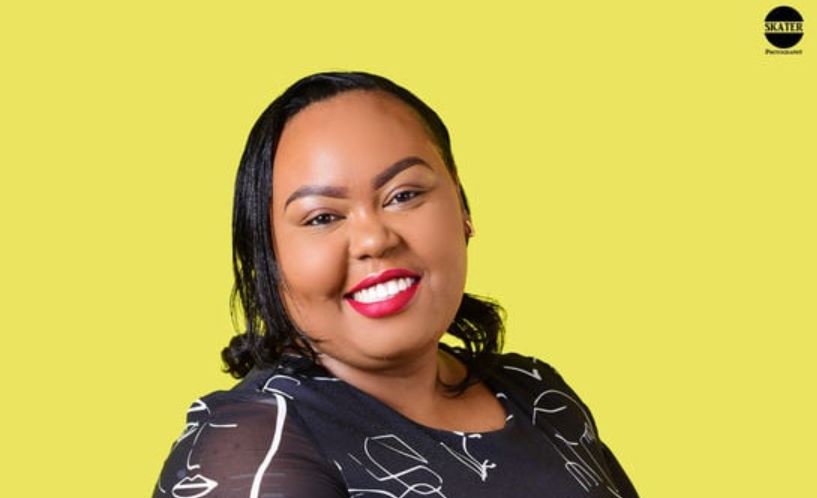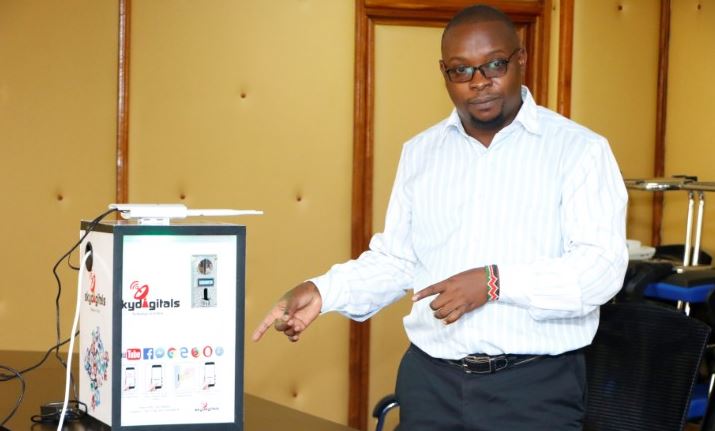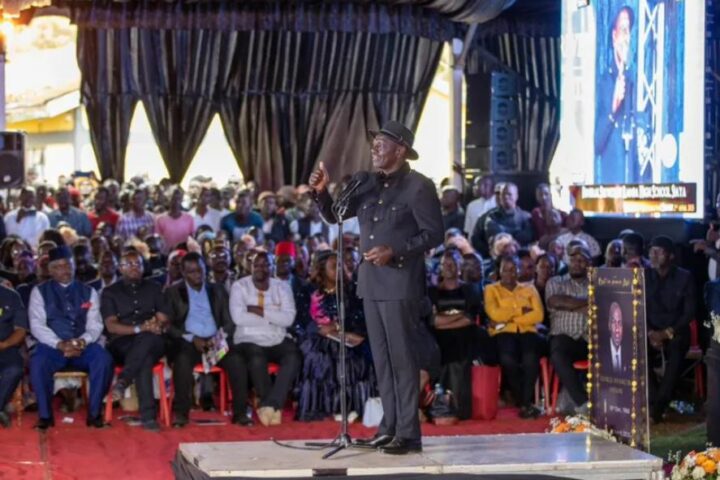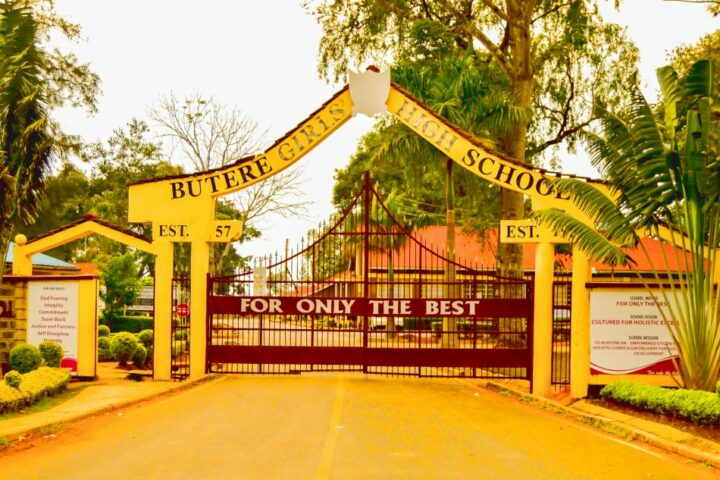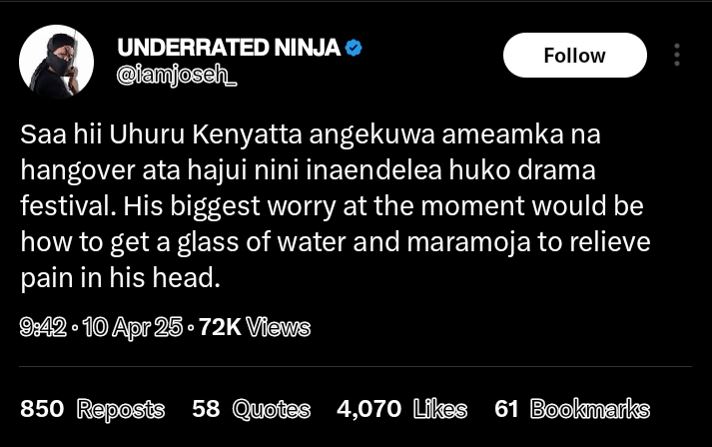 Tell us about your background
Tell us about your background
My late father, James Wambisa of Alego Usonga in Siaya, was a prison warden. My mother, Mama Herenia Wambisa, is a daughter of Suba North who in her early years hawked milk in Homa Bay to earn a living. I was the firstborn in a family of 14.
Describe how your life was while growing up
The fact that we were 14 siblings made it difficult for my father to provide for us adequately because his income was not enough. We lacked basic needs. I remember doing my homework at school because I did not have textbooks and we didn’t have electricity at home. Sometimes we could not afford to buy kerosene. Those days my dream was to buy my mother a cupboard to keep her utensils because she didn’t have one.
I got married at the age of 20 and at this point I got some reprieve because I had the advantage of getting two meals in a day.
What’s your educational background?
I went to Segere Primary School then joined Ng’iya Girls High before moving to Kisumu Girls due to lack of school fees.
I completed my undergraduate studies in Dairy Technology at Egerton University. I have a Masters and PhD in food science. I am currently studying law and will graduate in December then do a Master’s degree —my goal is to get admitted to the bar.
I am currently an African Women in Agricultural Research and Development (Award) Fellow. I am also a DAAD Scholar and a certified member of the Institute of Food Technologists.
Education is one of your pillar projects, why have you placed much emphasis on it?
Learning is a continuous process of gaining knowledge and skills. Education is an equaliser that can place a poor man’s child on the same table of decision-making with a rich man’s child. I implore young people to enrich their lives through education. For example, studying law has enriched my legislative role.
Tell us more about yourself
I am married to Dr Kennedy Owuor Gogo, a senior consultant oncologist and lecturer at Egerton University and God has blessed us with four daughters.
What were you doing before joining politics?
I was a full-time lecturer at Egerton University. I really enjoyed imparting knowledge to our young citizens. I am so passionate about this and I may do it as a part-time job if I get an opportunity.
Why did you shift from lecture halls to political leadership?
Both are a calling since they change people’s lives for the better. In my understanding, political leadership wields influence you cannot get in any other position. Governance is about distribution of resources so when you are in this position then you are able to change lives.
When I go to seek help for my people as a research scientist, I may not necessarily get attention like when I seek the same help as an elected leader. There is quicker response to political voices. I would be listened to more when I spoke as Rangwe MP than when I did as a scholar.
Politics also addresses a number of community problems at a legislative position. Anything anchored in law has sustainability.
How did you find the transition from teaching to politics?
They are two contrasting fields where you move from order to disorderly life. Each has different challenges. It was a cultural shock for me when I was elected in 2017 but I adapted quickly and took up challenges because service to the people, and not money, has been my driving force.
You are the first MP to be re-elected in a constituency that has a history of not re-electing its leaders. What could be the reason for your re-election?
They refer to it as “log dichiel” in Dholuo language to mean ‘wash your hands only once and leave’. I managed to break this leadership jinx because my single most focus since my entry into politics has been service delivery. The electorate witnessed prudent use of the Constituency Development Fund (NG-CDF) by the committee I worked with. I also had a choice of good projects that are equally distributed across the constituency. Previous leaders concentrated development on areas they perceived as their strongholds, but I stopped that.
I also think that I mounted a strong agenda-driven campaign where I resorted to telling the people what I will be doing for them rather than engaging in the name-calling that my opponents based their campaigns on. My focus on empowerment of rural women and girl-child was another factor that saw me get re-elected.
What are some of the challenges you have faced as a woman leader?
Sometimes your opponents or distractors want to use your gender as a tool of hate. I was born in Alego Usonga and got married in Gem, Rangwe. The opponents want me to be seen as an outsider who has no interest in the local community. There is also violence usually directed towards female politicians. This has, in fact, led to many women aspiring for leadership positions to shy away.
What is your vision in leadership?
In my call to serve, I want to be at the table where decisions are made, always. I want to continue with my role as a political leader whose interest is to impact lives positively.
Your parting shot?
Let us make Kenya a better place because it belongs to all of us. I urge women to come out in large numbers and seek leadership positions so that they can inspire our girl to become the next women leaders.
